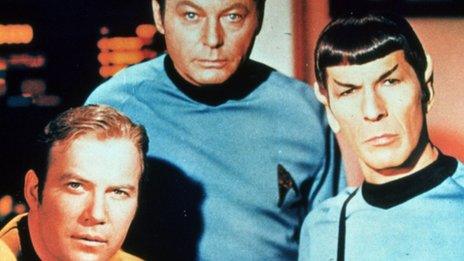Finalists named for $10m Star Trek 'tricorder' X Prize
- Published
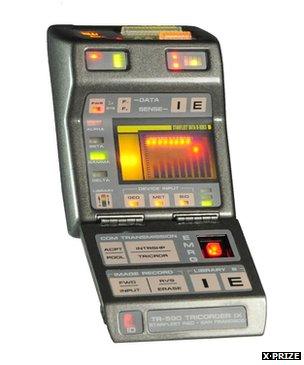
The Star Trek tricorder diagnosed any illness at once
Ten finalists have been chosen in a $10m (£6m) competition to develop a real-life "tricorder" - the medical scanner used in the Star Trek series.
The Qualcomm Tricorder X Prize, external, launched last year, challenges anyone to develop a wireless device capable of detecting a range of diseases.
The technology employs sensors and imaging to measure vital signs and diagnose conditions non-invasively.
X Prize officials said the technology was now "fact, not science fiction".
The 10 finalists come from a range of backgrounds, including universities, medical device manufacturers and tech start-ups.
One research team is backed by Nasa and the Bill Gates Foundation, while another is made up of engineering students at Johns Hopkins University in the US.
They now have until the middle of next year to develop workable prototypes of their devices in the hope of winning the prize.
Tuberculosis and diabetes
It is not clear what any of the devices will look like yet, but Dr Erik Viirre, technical and medical director for X Prize, told the BBC that they ranged from conventional smartphones with attachments to more "utilitarian-looking" devices that "get the job done".
One of the finalists, the Silicon Valley-based start-up Scanadu, external, showcased a handheld scanner at the CES conference this year.
It works with smartphone software to monitor vital signs such as heart rate and blood pressure, but it is not clear how such a device would address the more complicated task of diagnosing disease.
To win the $10m, the device is expected to be able to monitor vital signs as well as accurately diagnose 16 different conditions, including anaemia, tuberculosis and diabetes.
Scanadu's scanner will be able to measure heart rate, skin and core body temperatures, respiratory rate and blood oxygen levels
The technology must be presented in a portable device that can deliver the information in a user-friendly way, so that patients can self-diagnose without the help of doctors.
Anil Vaidya, founder of SCANurse, external, one of two UK-based finalists, told the BBC his device would not look exactly like the Star Trek device.
It "won't have electrodes sticking out that you will have to touch", he said, but would have a wearable and a handheld component.
Opinions divided
He said the device would employ a range of sensors to take readings from a patient's skin and even their breath, alongside cameras to take visual readings.
Health professionals and medical engineers point out that much of the relevant technology is already available.
For example, it is already possible to use light sensors to gather information about blood flow and oxygen levels without taking a blood sample.
Sensors are also able to pick up gases in breath that may indicate certain diseases, while electrocardiogram (ECG) readings are regularly used to assess heart health.
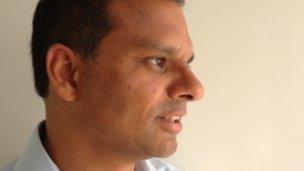
London-based finalist Anil Vaidya says much of the technology already exists
Mr Vaidya also said his design would use cameras to take visual samples of symptoms to aid diagnosis.
The challenge, he said, was to bring the technology together in one portable device.
"Opinions on whether it can be done or not depend on who you're talking to," he told the BBC.
"Among many physicians the feeling is it can't be done. I come from a medical engineering background, which is quite different."
Dr Viirre, of the X Prize, said the winning device could have a role in the developing world, in areas where people have little or no access to medical services.
But Dr Richard Seabrook, head of business development at the Wellcome Trust health charity, said there was "a debate to be had" on whether such devices should be placed in the hands of patients, stressing the need for training and education.
But he said doctors may welcome the opportunity to offload simpler cases to computers.
"If it creates time for them to spend on more complex cases, then that would be a good thing," he told the BBC.
- Published9 January 2014
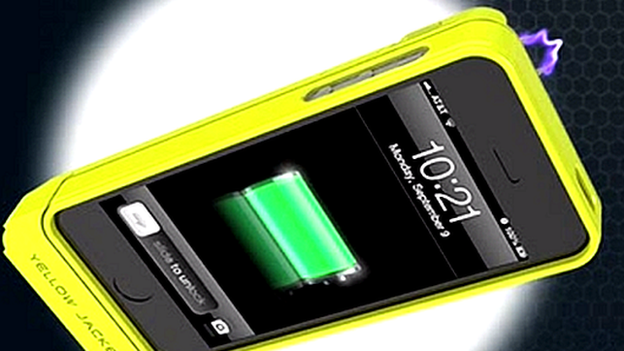
- Published14 October 2013
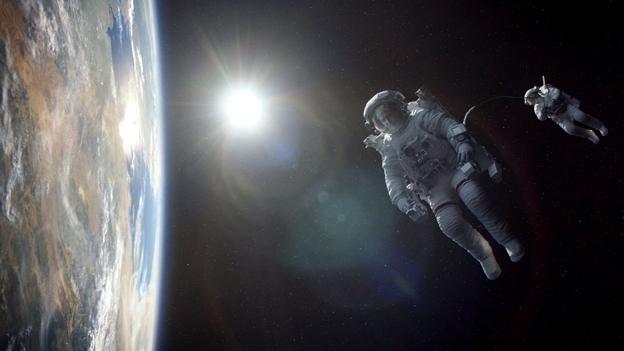
- Published25 February 2013
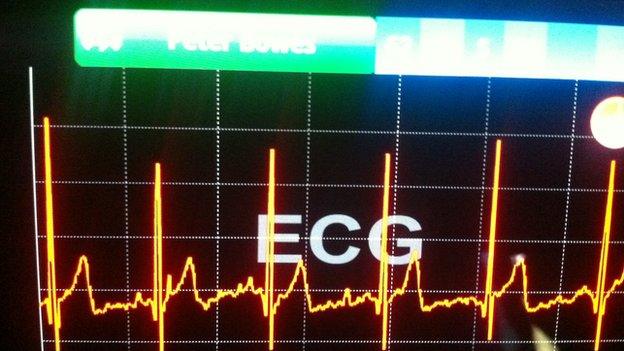
- Published8 March 2012
